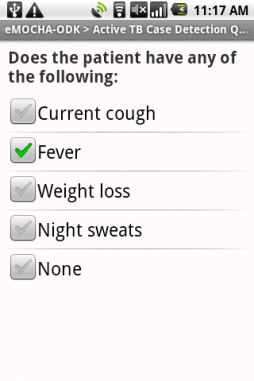SMSall is a service in Pakistan that enables mailing-list style interaction over SMS. It serves over 2.1 million people, and an average of 300 million SMS messages are sent every month (follow the total SMS count on the website). It is Pakistan’s largest SMS social network.
The founder of the service, Umar Saif, refers to it as “Twitter for SMS,” or as “Twitter for the 4 billion,” referring to the 4 billion people in the world who have access to mobile phones but not the Internet.
SMSall formed in response to the 2005 Kashmir earthquake in Pakistan. Like most Pakistani’s, Saif said, he tried to help during the aftermath but realized that although there were many rescue workers, there was no way to coordinate activities. “You would travel to a remote region with medicine, only to realize that there is plenty of medicine and all they needed were tents and warm clothing,' he said.
So Saif took action. On his laptop, he hacked together a basic response service, connected a mobile phone, and set up a broadcast group for all the rescue workers in the area. Those who subscribed to the “rescue group” would then receive SMS messages and information from the entire group.
From this grew the current-day SMSall service, the largest SMS social network in Pakistan. MobileActive.org spoke with Saif to hear more about the growth and next steps for the SMS service.
How does it work?
With the Kashmir earthquake, people could send an SMS to the service and ask to subscribe to the rescue group. Subsequently, they would receive SMS messages from everyone who posted to the rescue channel. This way, rescuers could keep in contact, in real-time, with only a basic mobile phone.
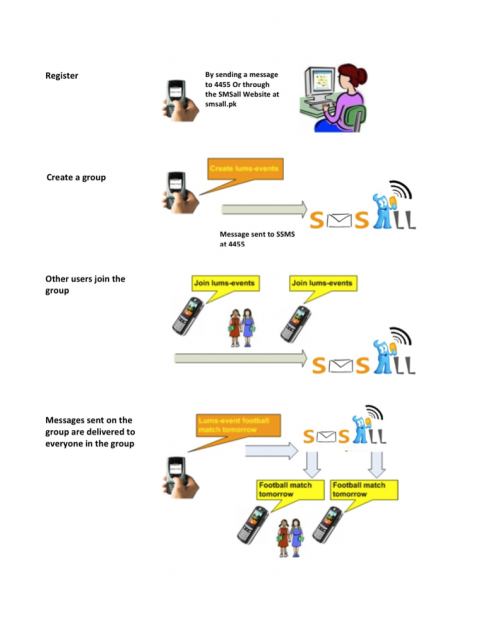 Now, SMSall users can create a group, join a group, follow a group, and broadcast to a group. The service has been used to spur blood donations, to communicate emergency responses, and to mobilize citizens in political protests. The service is used both by NGOs and more informally by people to keep in touch with friends and build communities around common interests.
Now, SMSall users can create a group, join a group, follow a group, and broadcast to a group. The service has been used to spur blood donations, to communicate emergency responses, and to mobilize citizens in political protests. The service is used both by NGOs and more informally by people to keep in touch with friends and build communities around common interests.
SMSall became a popular platform for communication during media bans at the end of Musharraf’s rule. Political activists and members of civil society used SMSall to coordinate protests and activities. “One of the biggest groups on SMSall was run by an NGO setup by families of “missing persons” -- people who disappeared without trace during the political upheaval that gripped Pakistan in 2007 and 2008,” Saif said.
When a disaster or breaking news event occurs, specific groups form almost organically. An SMSall user will first notify an established group of friends and family, and from these many simultaneous chats, specific disaster or emergency groups are often formed, Saif said. The service resembles Twitter in that messages are being “pushed” out and viewed by any number of followers. Currently, there are over over 150,000 established groups on SMSall in Pakistan.
During the early days of SMSall, it was used to coordinate class quizzes and exams and communicate course schedules at Lahore University of Management Sciences (LUMS). Saif worked with several students to tweak the system and used it in a course he taught. Other professors followed his lead, students started using it, and “before we knew it, the system went viral, very quickly,” Saif said. SMSall is currently used by over 180 colleges and universities in Pakistan. And from this grew the “SMS mailing list” in Pakistan.
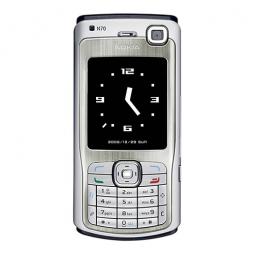
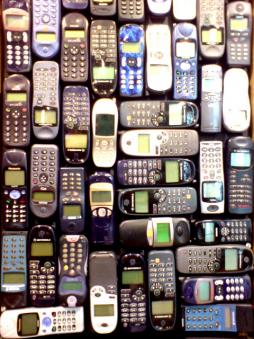

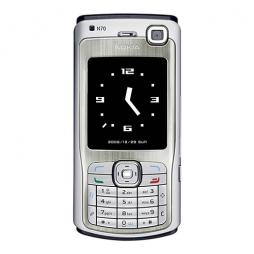
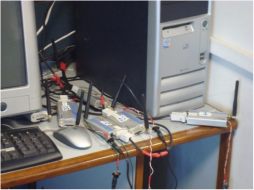
 Now, SMSall users can create a group, join a group, follow a group, and broadcast to a group. The service has been used to spur blood donations, to communicate emergency responses, and to mobilize citizens in political protests. The service is used both by NGOs and more informally by people to keep in touch with friends and build communities around common interests.
Now, SMSall users can create a group, join a group, follow a group, and broadcast to a group. The service has been used to spur blood donations, to communicate emergency responses, and to mobilize citizens in political protests. The service is used both by NGOs and more informally by people to keep in touch with friends and build communities around common interests. 